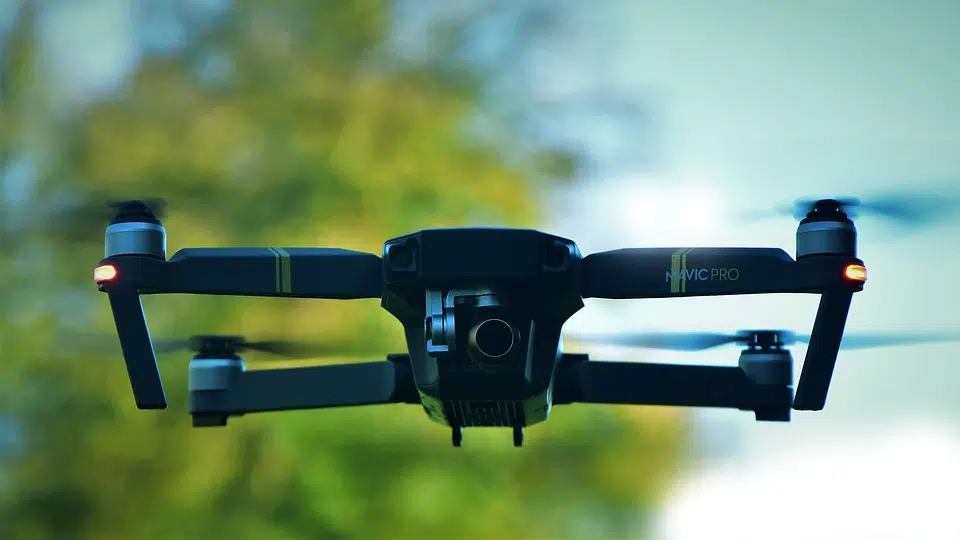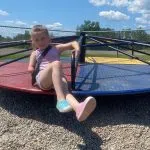
Local experts weigh in on new drone regulations
Medicine Hat, AB – The Federal Government has released new regulations for flying a drone in Canada.
Minister of Transport Marc Garneau made the announcement yesterday, after temporary regulations were put in place last year to limit the risk of drone collisions near airports.
Local drone-expert Sterling Cripps had a helping hand in formulating the new guidelines with Transport Canada and he gives us his take on things.
“This has been a work in progress for about 10 years and it finally came to fruition,” explained Cripps. “What this does is raise the bar for drone operators. Small drones, between 250 grams and 25 kilograms, and it presents the rules that they’re supposed to be flying under.”

